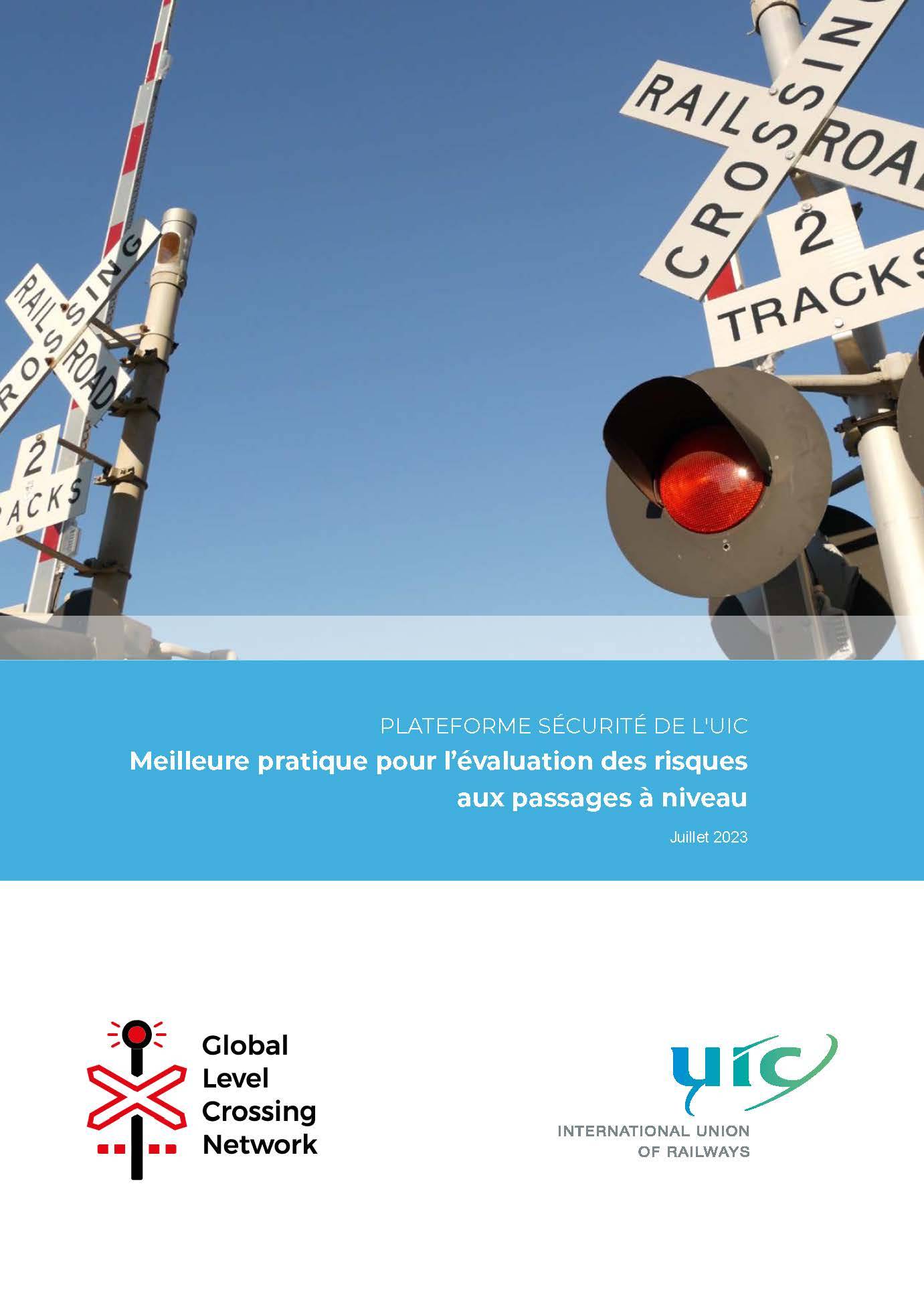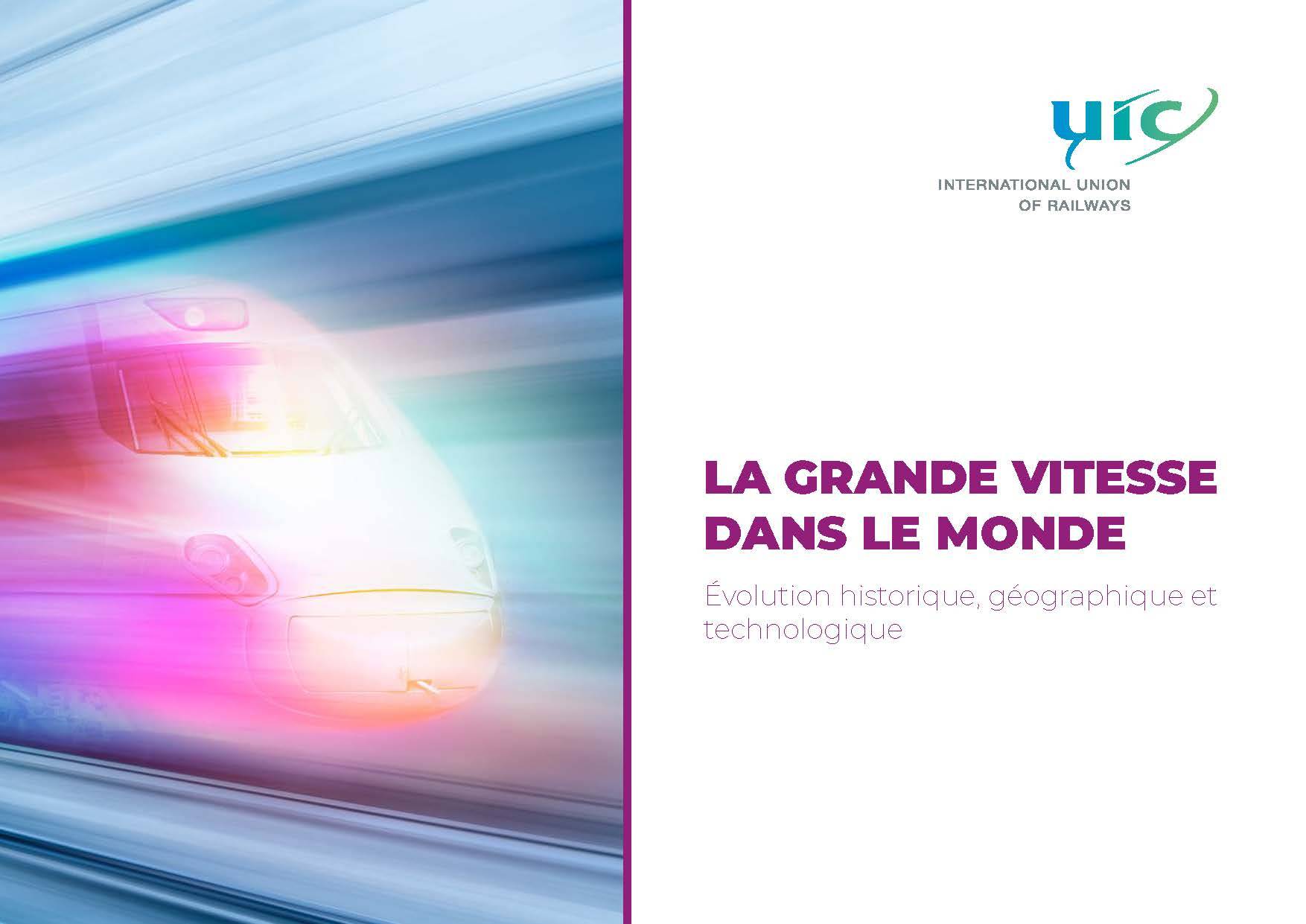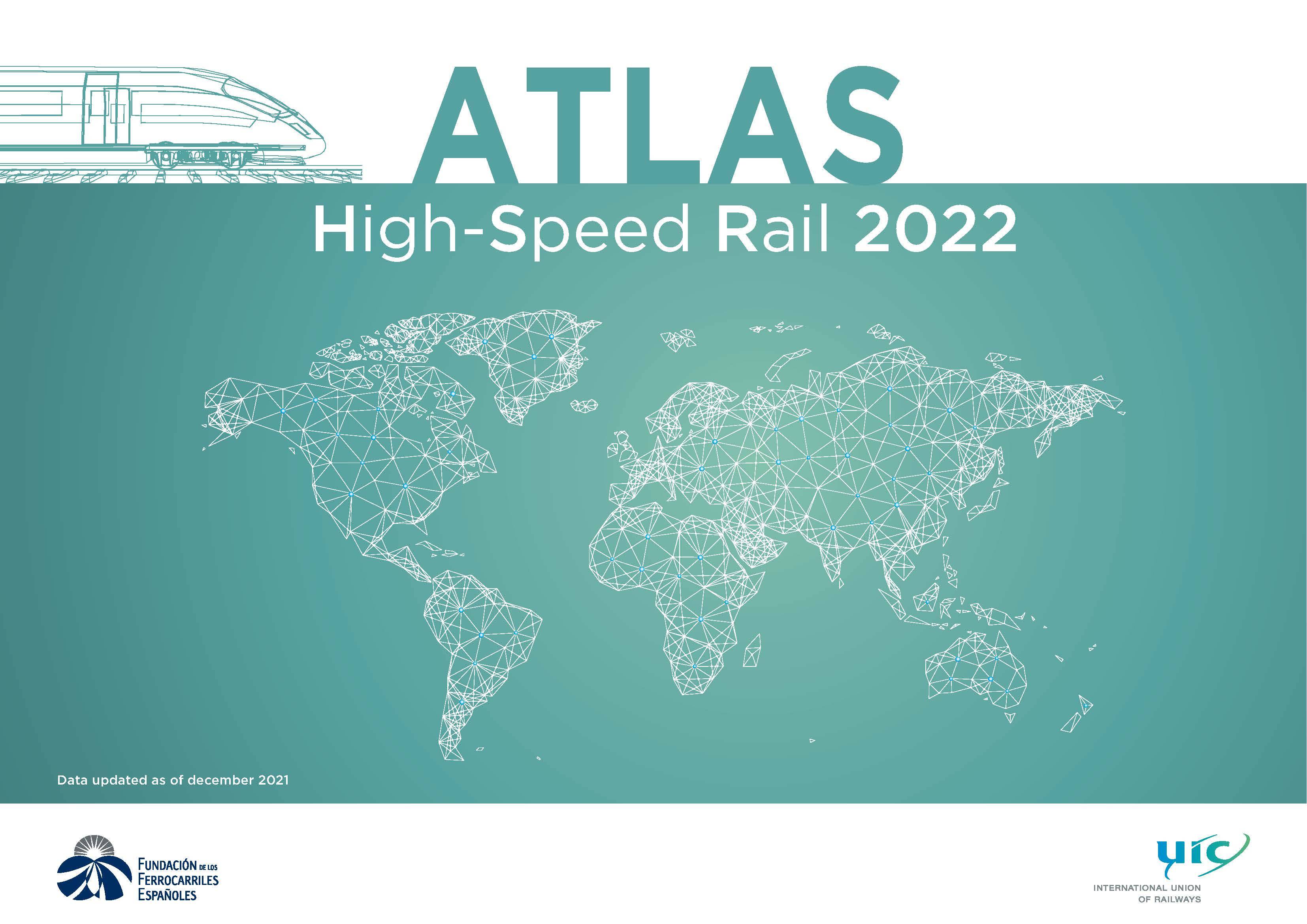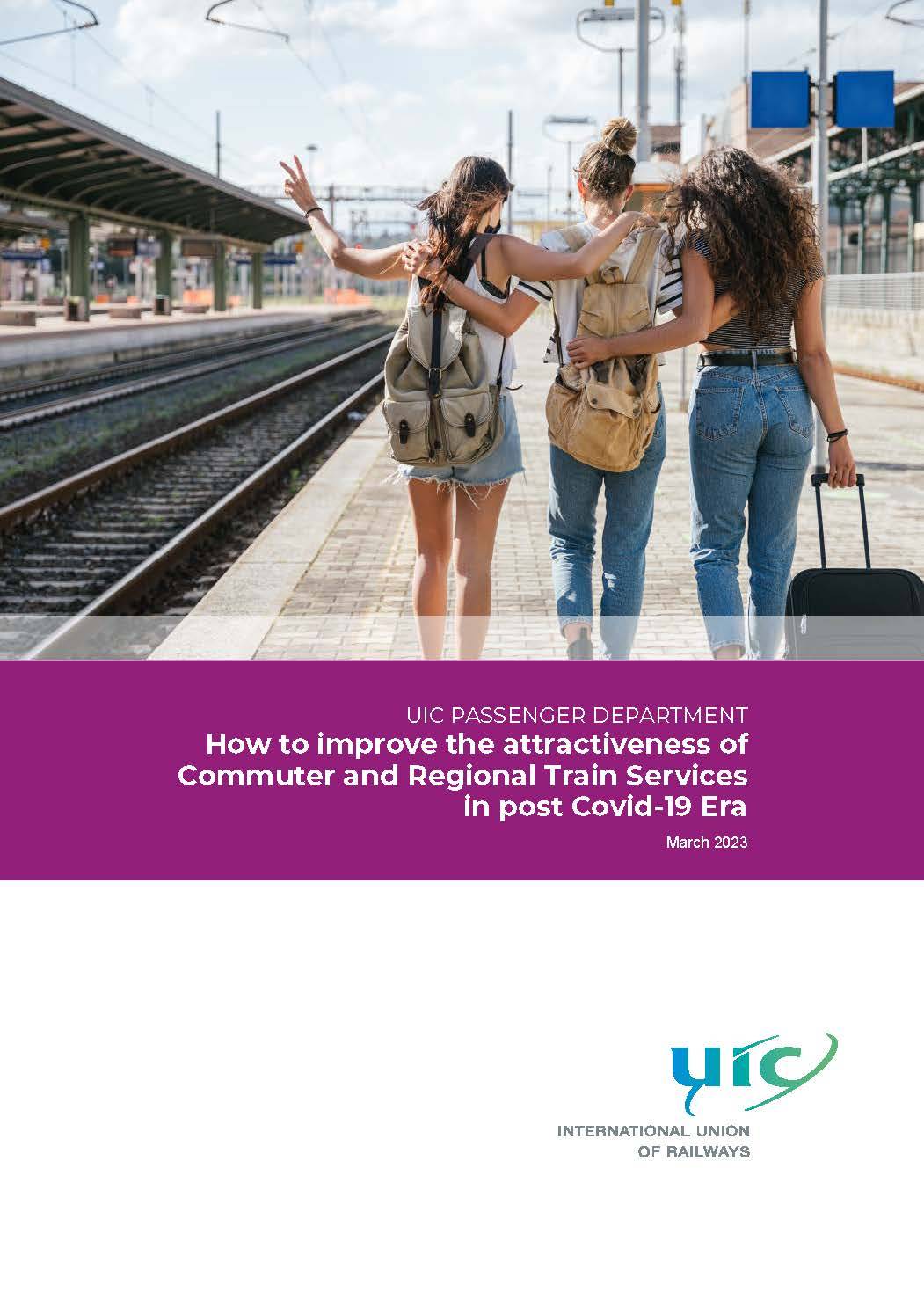Asset Management
Asset management comprises all systems, methods, procedures and tools to optimise costs, performance and risks for the complete rail infrastructure life cycle. The aim is to realize the best ‘value for money’. These optimisations shall address all infrastructure activities (building, maintenance and renewal, including machines and materials) over the whole life cycle as well as the consequences of these activities for the government as owner and for the train operators and passengers as users.
Asset Management Working Group (AMWG)
In 2020, the Asset Management Working Group (AMWG) completed its work on providing railway companies with interpretations of the global asset management standard ISO 55001 in the form of railway specific guidelines. Then, the group focused its attention on asset management decision making: how decisions are taken on operating, maintaining, renewing and upgrading the railway infrastructure. Two major projects have been completed in 2022:
- End to End Decision Support Tools (E2E DST). A review was undertaken with support from IMDM Consultants on how railway infrastructure managers take asset management decisions and on the methods, data, tools and systems that are used to support them. These were compared with the latest R&D developments and with good practices in other asset intensive sectors. The main output from the work is roadmap which provides railway infrastructure managers with guidance on the most appropriate decision support tools that are either currently available or will emerge over the next 10-15 years.
 UIC E2E decision tools landscape and high-level roadmapFebruary 2020Undoubtfully, now is the moment for most networks to get benefit of recent advances in Information Technologies (IT). Advances come not only from an excellent and improving price to computational power ratio, but from algorithmics (Artificial Intelligence) and our capacity to make sense from huge amounts of data (Big Data technics). Experience shows, however, that IT introduction does not necessary lead to better productivity. To counter the Parkinson’s law (work expands so as to fill the time available for its completion), IT implementation needs to be associated with the right changes in organisational structure and processes. Several key learnings could be established using the UIC Framework to analyse current practice of several railway networks.1 Learnings cover Network and Route Objectives, Asset and Operational Strategy and Plans, Route Delivery and Timetable and Access Planning, and Execution of Works and Network Operation.
UIC E2E decision tools landscape and high-level roadmapFebruary 2020Undoubtfully, now is the moment for most networks to get benefit of recent advances in Information Technologies (IT). Advances come not only from an excellent and improving price to computational power ratio, but from algorithmics (Artificial Intelligence) and our capacity to make sense from huge amounts of data (Big Data technics). Experience shows, however, that IT introduction does not necessary lead to better productivity. To counter the Parkinson’s law (work expands so as to fill the time available for its completion), IT implementation needs to be associated with the right changes in organisational structure and processes. Several key learnings could be established using the UIC Framework to analyse current practice of several railway networks.1 Learnings cover Network and Route Objectives, Asset and Operational Strategy and Plans, Route Delivery and Timetable and Access Planning, and Execution of Works and Network Operation.
- The use of Big Data in strategic asset management decision making (BIG DATA). This project was undertaken to address the lack of Big Data applications being used to support strategic decision making in asset and operational strategies. The study analysed methods being developed and applied in rail and other sectors, including major R&D programmes.
 Maximising the benefits of big data for asset managementMarch 2022Big data is the new frontier for collecting and analysing data and for turning it into usable information. Big data is driven by the evolution of data analytics techniques, increased computational power, the dramatic reduction of storage device prices and the increased potential for collecting data due to technological progress. In several industrial sectors, companies are moving towards the analysis and exploitation of big data to extract meaningful insights on the phenomena of interest to support decision-making processes. Additionally, the green transition is challenging industrial companies to be more responsive to social and environmental needs. Big data could play a major role in this. Being able to anticipate societal behaviour evaluation and understanding the long-term effects of climate change are within the grasp of big data. In the infrastructure sector, asset-intensive businesses involve significant capital investment, and the effective management of assets is essential for achieving business goals. In railways, infrastructure managers (IMs) have paid much attention to asset management (AM) in the last years. Indeed, for IM organisations, physical assets are core for providing service that can be measured through various outputs such as customer satisfaction, safety, sustainability (economical, environmental and societal) and availability. Asset management allows IM organisations to orchestrate railway networks distributed across different geographically dispersed regions. Moreover, AM enables the satisfaction of consistently multiple stakeholder requirements and expectations. The formulation of strategies and objectives for asset portfolio management is challenging for railway infrastructure management organisations. In fact, there are different expectations among the various stakeholders and, consequently, different perceptions of asset value and the benefits that asset lifecycle management can achieve. Moreover, on the one hand, decision-making at the strategic level is inherently characterised by high uncertainty given the long-term reference horizon; and on the other hand, strategic and long-term decisions are those characterised by the highest CAPEX (Capital Expenditure) with a high impact on the organisations’ economic sustainability.
Maximising the benefits of big data for asset managementMarch 2022Big data is the new frontier for collecting and analysing data and for turning it into usable information. Big data is driven by the evolution of data analytics techniques, increased computational power, the dramatic reduction of storage device prices and the increased potential for collecting data due to technological progress. In several industrial sectors, companies are moving towards the analysis and exploitation of big data to extract meaningful insights on the phenomena of interest to support decision-making processes. Additionally, the green transition is challenging industrial companies to be more responsive to social and environmental needs. Big data could play a major role in this. Being able to anticipate societal behaviour evaluation and understanding the long-term effects of climate change are within the grasp of big data. In the infrastructure sector, asset-intensive businesses involve significant capital investment, and the effective management of assets is essential for achieving business goals. In railways, infrastructure managers (IMs) have paid much attention to asset management (AM) in the last years. Indeed, for IM organisations, physical assets are core for providing service that can be measured through various outputs such as customer satisfaction, safety, sustainability (economical, environmental and societal) and availability. Asset management allows IM organisations to orchestrate railway networks distributed across different geographically dispersed regions. Moreover, AM enables the satisfaction of consistently multiple stakeholder requirements and expectations. The formulation of strategies and objectives for asset portfolio management is challenging for railway infrastructure management organisations. In fact, there are different expectations among the various stakeholders and, consequently, different perceptions of asset value and the benefits that asset lifecycle management can achieve. Moreover, on the one hand, decision-making at the strategic level is inherently characterised by high uncertainty given the long-term reference horizon; and on the other hand, strategic and long-term decisions are those characterised by the highest CAPEX (Capital Expenditure) with a high impact on the organisations’ economic sustainability.
The AMWG is undertaking a review of its purposes and strategic objectives to take account of the major changes and opportunities facing the rail sector, including climate change, digitalization and the change in the type and volume of demand as the sector recovers from Covid-19. The added value that can be provided by the AMWG is based on the experience of its members in taking whole-life, whole-system decisions that link stakeholder objectives to the delivery of work on the ground. Whole system thinking is not yet a mature discipline in railways but all infrastructure managers are starting to adopt asset management approaches to connect the business silos that have existed in railways since the origins of the industry.
Ongoing projects:
- Whole System Decision Making (WiSDoM)
- Asset Management Working Group
UIC Railway Asset Management Conference
For further information, please visit:
UIC Contact
For any further information please contact Christine Hassoun.
Rail System news


Rail System Projects
Rail System events
Publications

Meilleure pratique pour l’évaluation des risques aux passages à niveau

PROACTIVE Pre-Incident Public Information Materials for CBRNe Incidents

La grande vitesse dans le monde - Évolution historique, géographique et technologique

Atlas High-Speed Rail 2022 - A3

HIGH-SPEED RAIL, the right speed for our planet - Key Messages (11th UIC HS Congress)





